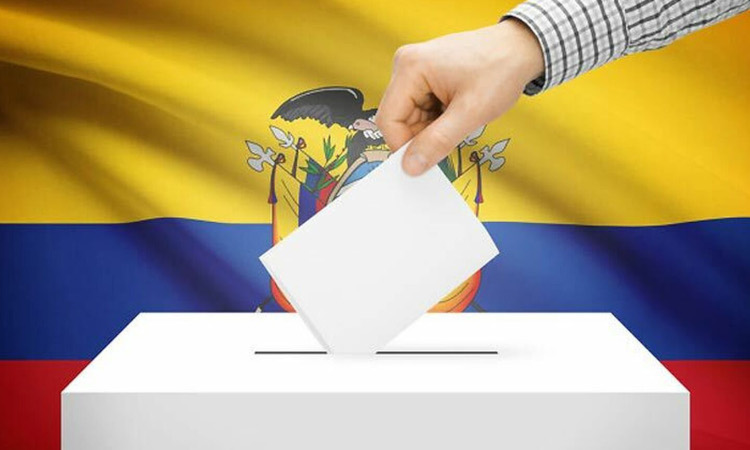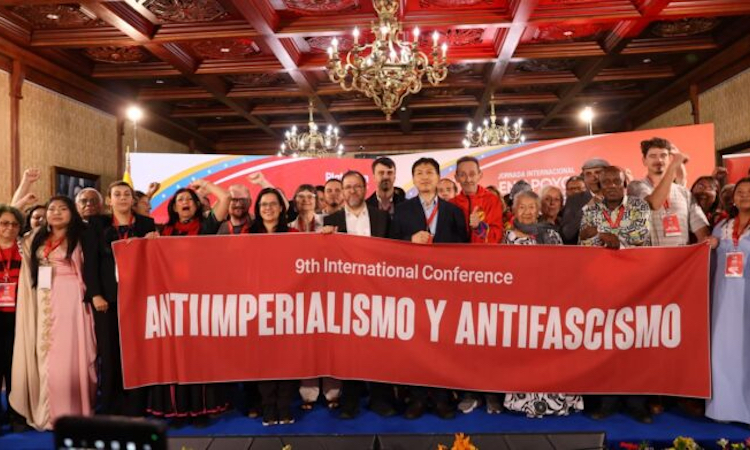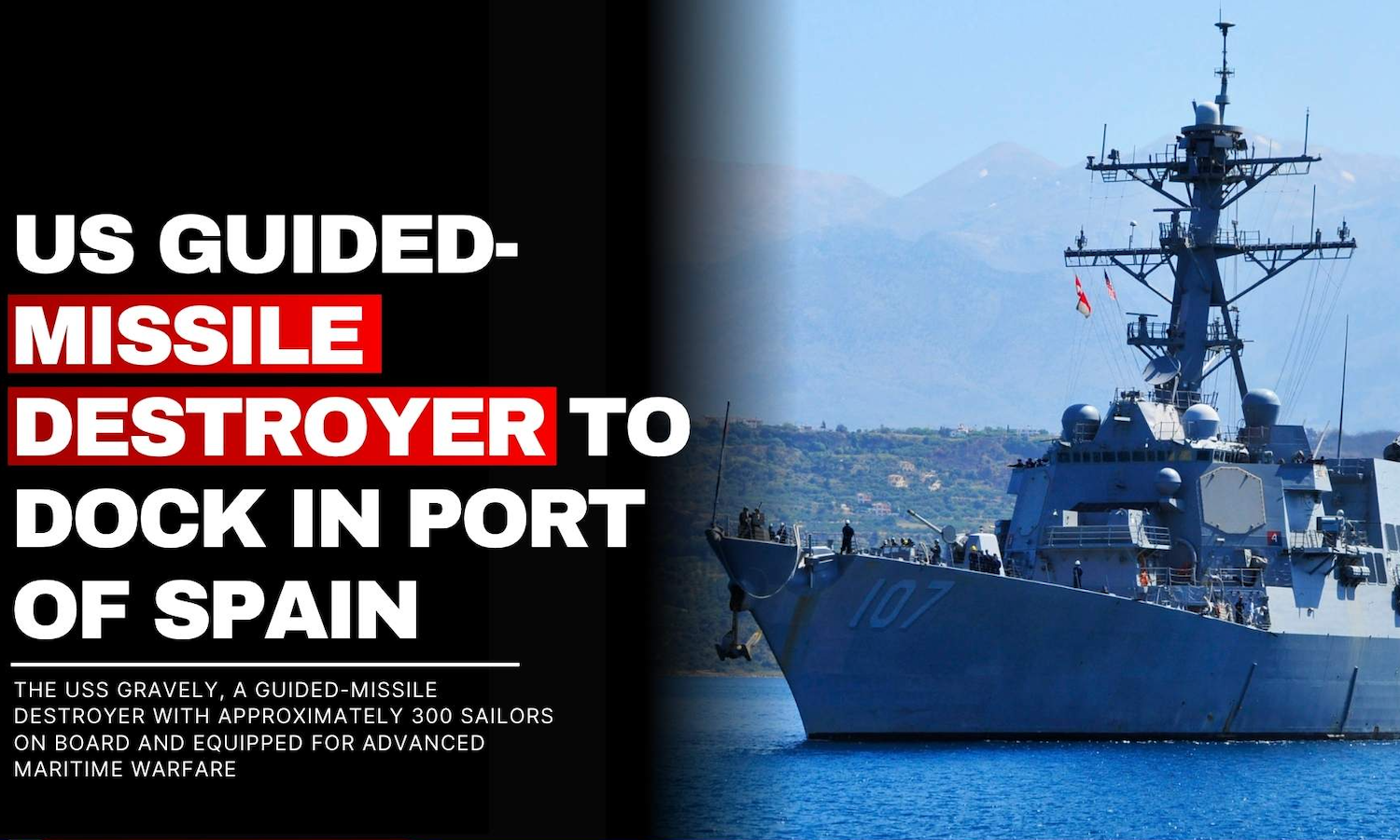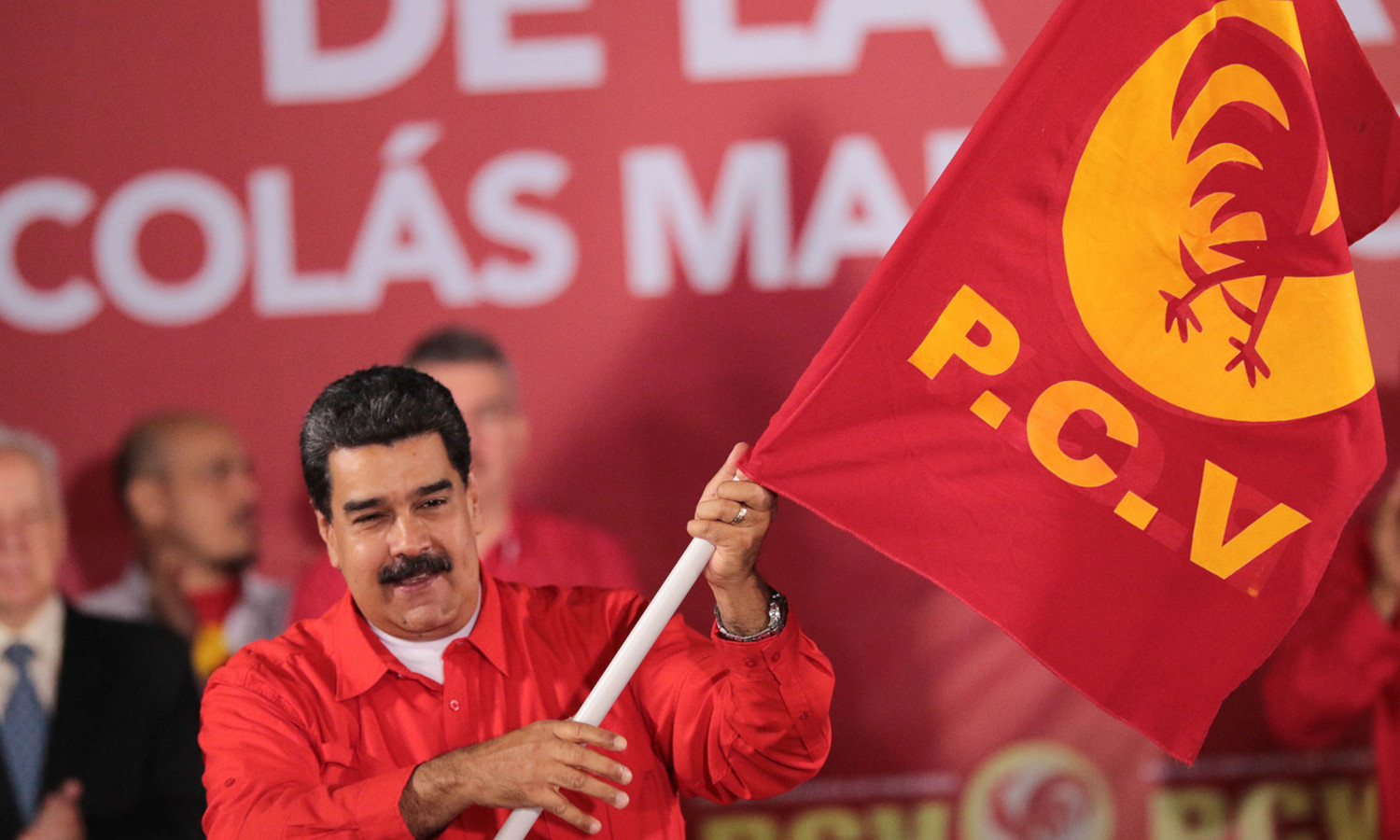The corporate media are currently in overdrive with stories of shortages of goods as a result of economic failure in Venezuela. The reality is that there are shortages but these are a consequence of sabotage by private companies, alongside a three-year drought, which has also effected hydroelectric energy production.
However, these shortages are being taken seriously by the government, under the leadership of President Nicolás Maduro and the United Socialist Party of Venezuela (PSUV), which has launched the ‘great sovereign and safe supply mission’ and is taking control of factories that are being closed by imperialism and the local bourgeoisie.
Great sovereign and safe supply mission
The mission, under the command of defence minister Vladimir Padrino López, is focused on the food, pharmaceutical and industrial sectors, and is aimed at tackling shortages in these vital areas. The programme further aims to develop more efficient local production as well as a new system of distribution for basic products.
The moves come in response to the sabotage and manifest failure of largely private controlled supply chains operating from production to distribution, with 93 percent of the distribution networks across the country being until now in private ownership. In an announcement on 11 July, President Maduro explained that private ownership is “pulverising” the supply system and identified this as the root cause of the shortages that Venezuelans have been enduring.
This is a bold and positive stand by the revolutionary government. It has already met with opposition, as was to be expected, from private companies and the corporate media alike. However, as was pointed out by President Maduro in a television broadcast, the brutal media campaign against the defence minister is a sign that the mission is proceeding well.
Following the launch of the scheme, 105 production agro-alimentary plants have joined, 77 of which belong to the private sector and 28 to the public sector. Maduro noted: “This is not a minor thing, these are plants that have full productive capacity to meet the needs of our people … the goal is to have more than 600 agro-productive units.” (Maduro: 105 agro-alimentary productive plants have joined the Great Mission Sovereign Supply, RNV, 19 July 2016)
True to his word
In the last issue of Proletarian we quoted Maduro at a rally in May this year where he announced: “I’m ready to hand over to the Communal Power any factory stopped by any rich person in this country … Whoever doesn’t want to work should leave and those who do are welcome; we will go united. This country needs all of its economic structure to be functioning.
“A stopped factory (is) a factory turned over to the people; the moment to do it has come. I’m ready to do it, to radicalise the revolution.” (Maduro orders shuttered factories seized and given to workers, Telesur, 15 May 2016)
Recent events have shown that these were not simply rhetorical statements. As soon as the factory of US monopoly Kimberly-Clark Corporation stopped production in early July, firing 971 workers and closing its gates, the government seized it and handed it over to the workers. Venezuela’s 2012 Labour Law prohibits mass firings without consultation with the government and firms that have illegally stopped production are liable for reopening under workers’ control.
On state television, Maduro announced: “Forty-eight hours ago, without notice, a US company called Kimberly-Clark, violating national laws and the constitution, fired almost 1,000 workers from its production plant, closed the door and left the country.
“Kimberly is now in the hands of the workers – producing, working, and we are going to invest the necessary resources in order to consolidate [the plant].” (Venezuela backs workers’ takeover of Kimberley-Clark as Citibank moves to close BCV account by Lucas Koerner, Venezuela Analysis, 13 July 2016)
The executives of Kimberley-Clark are not being let off either, with the Venezuelan government intending to request a red notice from Interpol (described by the US Attorney’s Manual as the “closest instrument to an international arrest warrant in use today”). During a televised address on 18 July, Mr Maduro announced: “The ones who must go to jail will go to jail, wherever they are, because we will ask for a red notice” for their arrest and imprisonment following the illegal closure. (Venezuela’s Maduro threatens to jail Kimberly-Clark executives with Interpol, UPI, 19 July 2016)
Kimberley-Clark produced millions of nappies, sanitary pads, toilet rolls and other healthcare products every month. Following the workers’ takeover, the warehouses were found to be full of the very raw materials that the company had claimed to be unable to obtain. Venezuela’s labour ministry has confirmed that the factory is operating at full capacity and these essential items are once again in circulation. (See Venezuela: seized factory was well stocked but wasn’t producing, Telesur, 16 July 2016)
Economic sabotage and financial blockade
Kimberly-Clark claimed in a press statement that it had acted appropriately in suspending operations and that its decision to leave Venezuela was due to difficulties accessing both raw materials and US dollars for imports.
In response to these claims, President Maduro’s government has pointed to the vast quantities of US dollars these firms have received from the Venezuelan state in exchange for production or imports. Indeed, a recent investigation by Telesur revealed that the private sector may have siphoned off up to $259bn from the state between 2003 and 2013.
The investigation found that by taking advantage of different exchange rates, which are part of the government’s programme of subsidising essential goods, and also through failing to import or produce the goods they have claimed for, these companies have increased their holdings of US dollars in foreign banks, while reducing the goods on the shelves, thereby exacerbating the shortages experienced by workers whilst lining their own pockets. (Venezuela private sector siphoned off $259bn in public funds, Telesur, 19 June 2016)
After taking control of the factory, the workers were able to reactivate the company’s computer systems, which government sources say yielded evidence of false accounting on a massive scale and showed that the company’s entire output had been going to Colombia rather than to the under-supplied Venezuelan market.
Along with the closure of the Kimberley-Clark factory, other multinational firms, including Bridgestone, General Mills and Procter & Gamble, have also scaled back operations in Venezuela, giving similar justifications about access to raw materials and US dollars.
To add to the pressure on the government, US-based Citibank has announced it will be closing the foreign currency accounts it holds for Venezuela’s Central Bank (BCV), which are used by the Venezuelan government for a range of international transactions. Mr Maduro has quite rightly labelled this move as yet another aspect of the financial blockade that US imperialism is trying to impose on the country.
President Maduro reinforced the determination of the Venezuelan people and their government to stand strong in the face of these attacks: “Do you think they’re going to stop us by putting in place a financial blockade? No, ladies and gentlemen, nobody stops Venezuela! With Citibank or without it, we are moving forward.” (See Maduro says Citibank to close Venzuela’s currency accounts by Andres Schipani, Financial Times, 12 July 2016)
Victory to the Bolivarian revolution! Hands off Venezuela!














